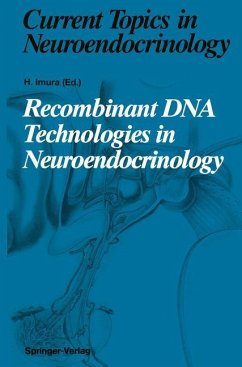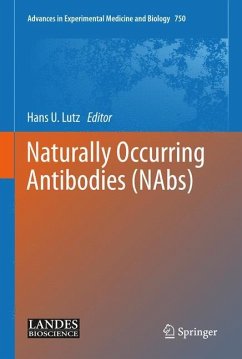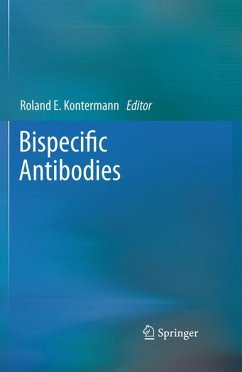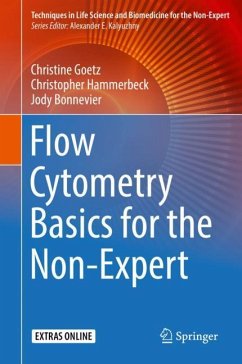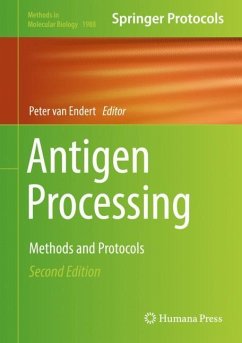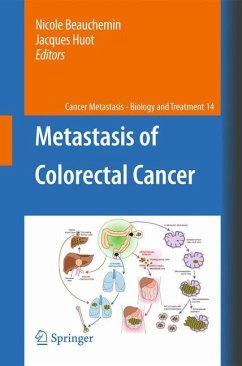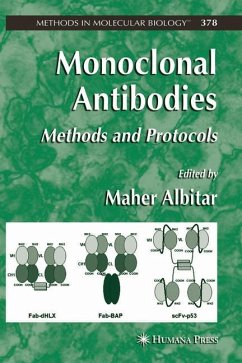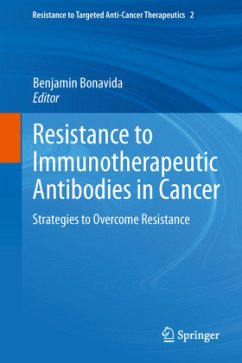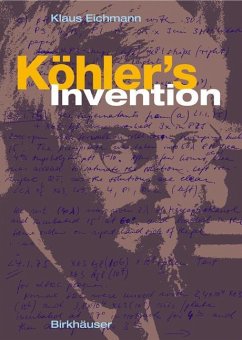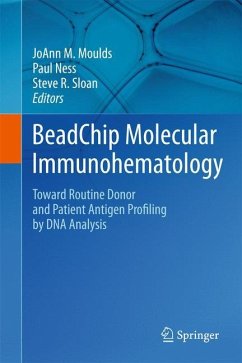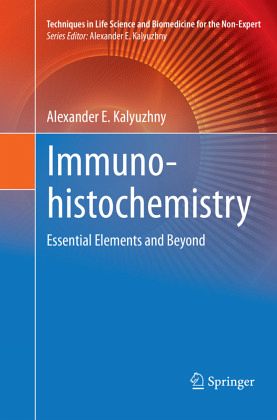
Immunohistochemistry
Essential Elements and Beyond
Versandkostenfrei!
Versandfertig in 6-10 Tagen
61,99 €
inkl. MwSt.
Weitere Ausgaben:

PAYBACK Punkte
31 °P sammeln!
Aimed at both beginners and experienced researchers unfamiliar with the technique, this book provides a concise and easy-to-understand guide to using immunohistochemistry. It identifies the proper place and purpose of each component of immunohistochemistry, emphasizes the components that are of critical importance, and explains the logistics of experimental approaches. Understanding the principles of immunohistochemistry allows for the identification and localization of protein targets and is of crucial use in the following experiments:· producing transgenic animals· studying the effects of ...
Aimed at both beginners and experienced researchers unfamiliar with the technique, this book provides a concise and easy-to-understand guide to using immunohistochemistry. It identifies the proper place and purpose of each component of immunohistochemistry, emphasizes the components that are of critical importance, and explains the logistics of experimental approaches. Understanding the principles of immunohistochemistry allows for the identification and localization of protein targets and is of crucial use in the following experiments:
· producing transgenic animals
· studying the effects of drug treatments
· electrophysiological studies
· animal surgery
· isolating and differentiating stemcells
· super-resolution microscopy
Immunohistochemistry for the Non-Expert is aimed at a wide audience, including molecular biologists, pharmacologists, immunologists, chemists, cell biologists, physiologists, and researchers involved with animal anatomy studies.
· producing transgenic animals
· studying the effects of drug treatments
· electrophysiological studies
· animal surgery
· isolating and differentiating stemcells
· super-resolution microscopy
Immunohistochemistry for the Non-Expert is aimed at a wide audience, including molecular biologists, pharmacologists, immunologists, chemists, cell biologists, physiologists, and researchers involved with animal anatomy studies.



